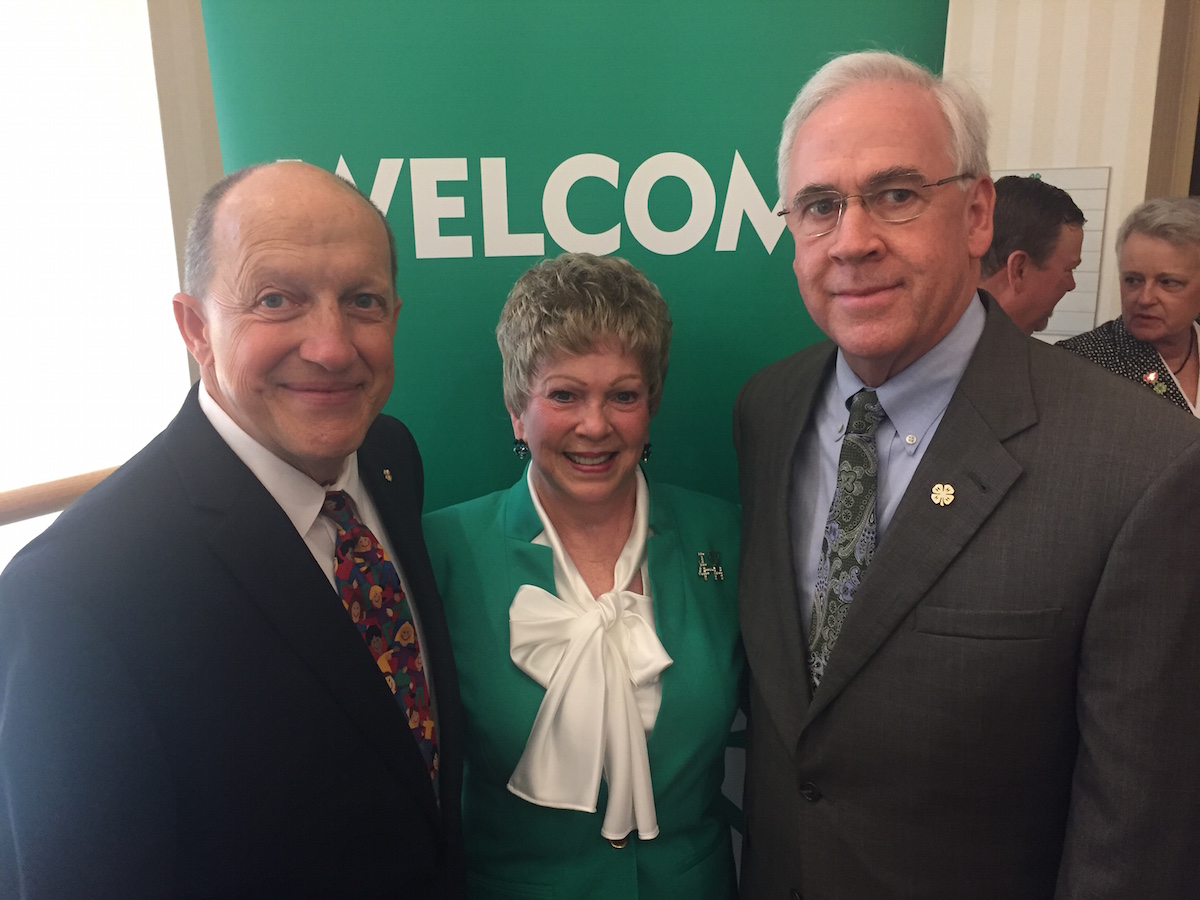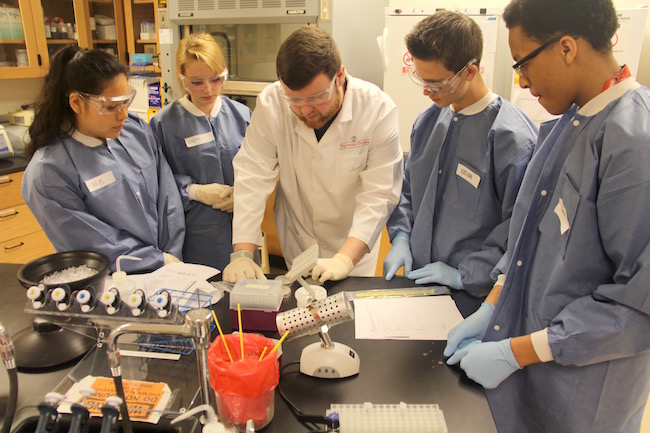Most parents plan on seeing their child’s teacher only a few times a year at parent-teacher conferences. But building a relationship with your child’s teacher can improve your child’s performance during the school year.
Parents who have a working relationship with their children’s teachers can tackle problems with the child’s academic performance or behavior earlier and more effectively.
“That relationship with a teacher is important, especially when a child is young,” said Diane Bales, a child development specialist with the University of Georgia College of Family and Consumer Sciences. “The teachers are sometimes the first people to see when a child is having difficulty and can alert parents to any problems.”
One key to building an open conversation with your child’s teacher is to start talking at the beginning of the school year before any problems arise.
When a teacher has to tell a child’s parent that their child is misbehaving or falling behind, tensions can run high. That’s not the best time to start a relationship with your child’s teacher.
“Don’t wait until something goes wrong to talk to your child’s teacher,” Bales said.
She suggests meeting the teacher in person at the beginning of the year and then touching base regularly through a quick email or with a phone call.
If you feel your child is facing a hurdle in class or you have other serious concerns, set up an appointment to meet with the teacher. You don’t have to wait for the parent-teacher conference at the end of the grading period to have a conversation about your child.
When parent-teacher conference time does come around, make the most of it. Write down any questions or concerns you want to address and use that to guide the conversation.
Be prepared to share information about any life changes that you or your child are going through during the school year — a move, a new sibling or a change in parents’ relationship can impact a child’s classroom performance.
“You don’t have to tell your whole life story, but give the basics about why your child might be upset so the teacher knows what’s going on,” Bales said.
Above all, don’t be defensive if your child’s teacher reaches out to you about a behavior problem or your child’s difficulties in class.
Teachers sometimes have insight into children’s behaviors and academic performance that parents don’t. They also can help find your child the extra help or interventions they need to get back on track.
“A parent is the expert on their child, but teachers know, on average, what children are like and may spot problems before parents,” Bales said. “Parents may not notice that something is unusual; they are not around as many different children as teachers.”






